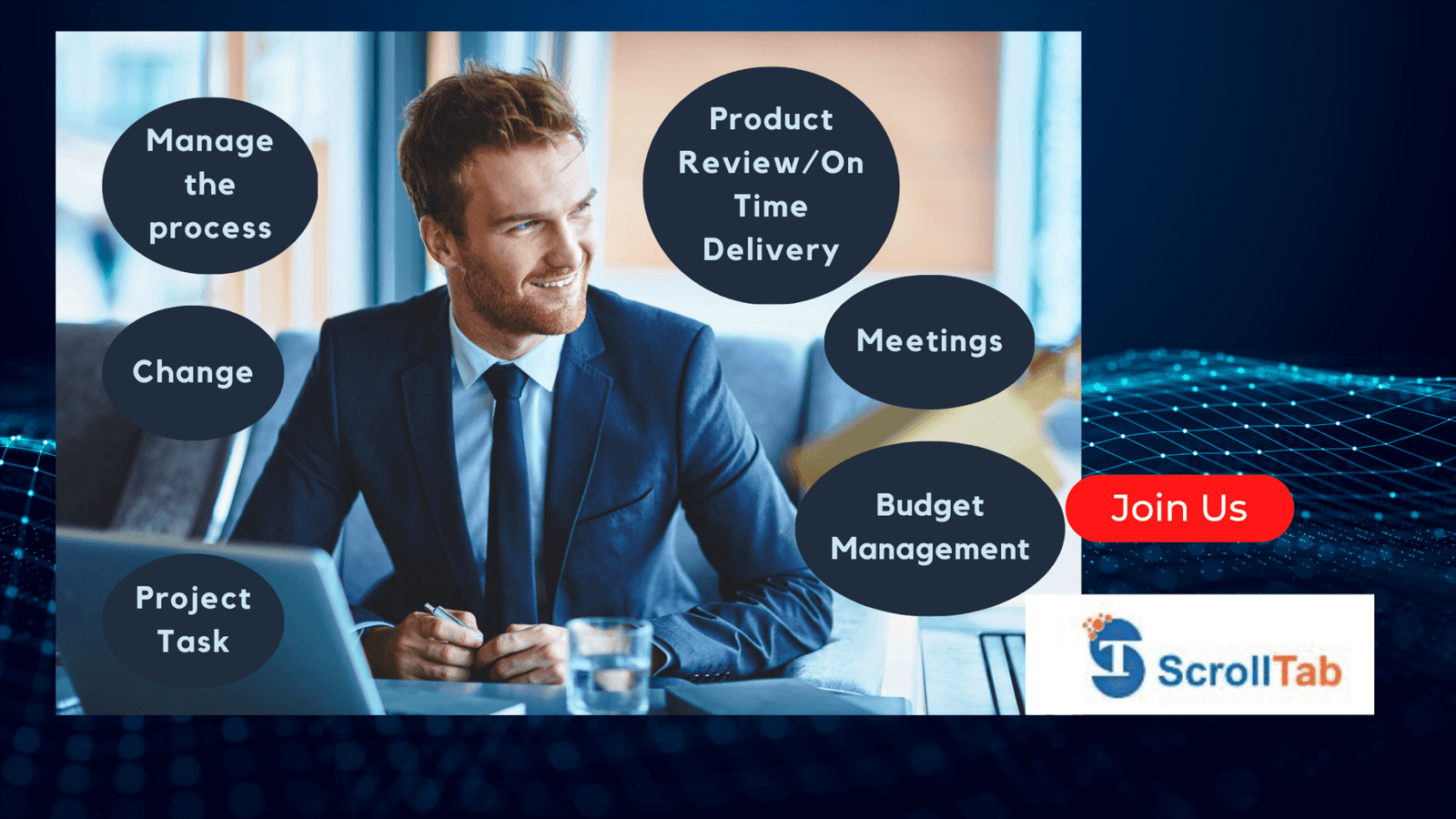The rise of remote work has dramatically changed how managers must approach performance reviews. No longer can reviews be an annual in-person meeting – effective feedback for distributed teams requires adapting traditional review practices. Done well, remote reviews empower employees by providing transparent goals, open dialogue, and growth opportunities.
This guide shares tips and best practices for conducting productive reviews in a digital work environment. Follow these recommendations to give your team members the insightful feedback they need to develop their skills and drive their careers forward.
Set Clear Goals and Expectations
The foundation of impactful performance reviews – whether in-person or remote – is setting clear goals and expectations. Without defined objectives that align to business needs, even the most skilled managers will struggle to provide helpful feedback.
Best practices for setting strong goals include:
- Tie to company objectives. Make sure goals ladder up to help achieve core business goals.
- Get specific. Vague goals are difficult to track and assess progress on. Provide details around timelines, key results, and success metrics.
- Prioritize appropriately. Give 3-5 high priority goals to maintain focus on the most critical work.
- Document thoroughly. Maintain a shared document that states goals and expectations for reference in reviews.
- Review often. Touch base on goals frequently, not just during annual reviews. This helps spot roadblocks faster.
With well-defined goals as a foundation, reviews become focused conversations around progress made, obstacles faced, and what employees can do to achieve objectives successfully.
Maintain Open & Transparent Communication
The tone and format of reviews must facilitate an open, two-way dialogue between managers and employees – especially in remote settings. This requires minimizing unnecessary formality to create a comfortable space for sharing feedback.
Some tips for maintaining open communication include:
- Ask questions. Make reviews a collaborative discussion, not a one-way downloading of manager thoughts. Asking thoughtful questions shows care.
- Be fully present. Avoid distractions and give employees your full attention during reviews. Maintaining eye contact via video calls is important.
- Discuss challenges. Understand obstacles that may be hindering goal achievement and explore solutions together.
- Welcome ideas. Ask employees for their own suggestions on improving processes or working more effectively.
- Share positive feedback. Balance constructive criticism with pointing out areas of strength and growth.
- Be vulnerable. As a manager, be willing to share your own development areas. Review meetings should not feel punitive.
Frequent, open communication allows managers to understand employee needs, provide resources, and course correct quickly if required.
Track & Assess Progress
While annual reviews were common pre-pandemic for evaluating employee performance, remote environments require more frequent touchpoints and assessments. Relying solely on a yearly review leaves too much ambiguity around day-to-day progress.
Managers should track goal progress in several ways:
- Weekly check-ins. Have informal video or voice calls to discuss what team members focused on that week.
- Status reports. Ask for brief weekly email updates summarizing goal progress and blockers.
- Mid-year review. Do a light half-year check-in to recap achievements, learnings, and development areas.
- Peer feedback. Gather 360-degree perspective on performance through peer reviews.
- Key result tracking. Monitor completion rates for objective, measurable key results that demonstrate progress.
- Work artifact review. Evaluate work samples such as presentations, reports, or campaigns completed.
Frequent assessment through these methods helps spot problems sooner and allows for course correction. The formal annual review then becomes a summary of all the documented progress – with no major surprises.
Provide Forward-Looking Development Plans
One of the most vital elements of reviews is creating forward-looking development plans. The goal is to provide guidance to help motivated employees continuously improve their skills.
Effective development planning:
- Assesses strengths & areas for growth. Identify strengths to leverage and skills gaps to close. Be specific.
- Includes training resources. Share specific courses, books, mentors, or programs to help level up abilities.
- Sets learning goals. Agree on focused development goals for the upcoming year. Keep them realistic but challenging.
- Encourages skill stretch. Provide opportunities to practice and apply new skills through special projects or assignments outside their core role.
- Allows experimentation. Foster a culture where people can try new approaches without fear of failure.
- Facilitates mentorships. Develop relationships between junior and experienced employees for informal guidance.
- Revisits plans frequently. Discuss progress on development goals in your regular check-ins all year long. Adjust activities as needed.
Creating focused development plans ensures your team continues progressing. Even small learning activities completed consistently can add up to major career growth.
Motivate Through Recognition & Positivity
Well-executed remote reviews balance constructive feedback with positive recognition of what employees are doing well. When delivered appropriately, praise is motivating and empowering.
Some tips for highlighting achievements include:
- Notice incremental improvements. Recognize when people successfully apply feedback and improve, even in small ways.
- Share praise publicly. When appropriate, celebrate big achievements in team meetings or the company newsletter.
- Reward results. Consider offering spot bonuses or rewards for completion of stretch goals or big wins.
- Say thank you. Expressing gratitude and appreciation, even for day-to-day efforts, is always welcome.
- Cheer each other on. Encourage employees to share peer recognition and praise accomplishments of colleagues.
- Have fun together. Find creative ways to maintain team camaraderie and morale virtually, like online social events or sending care packages.
While reviews should identify areas for growth, emphasizing the positive helps teams feel motivated to keep striving for more. Remote workers especially need this positivity when separated from colleagues.
Document Review Details
With reviews being remote and spread out throughout the year, documenting meeting details becomes critical for consistency. Well-documented reviews also provide helpful reference points for employees.
Best practices for documentation include:
- Share goals doc. Maintain the shared goals document as the single source of truth. Update with progress and status each quarter.
- Take organized notes. Track comments, commitments and next steps in a designated review notes doc that both parties can access.
- Record meetings. Ask permission to record the video call so employees can reference it afterward if needed.
- Use review templates. Build a template that catalogs achievements, development needs, ratings on competencies, and goals for the next period.
- Store review docs securely. Keep review materials private but accessible on secure cloud storage like Dropbox or Google Drive.
- Set calendar reminders. Schedule quarterly review meetings and monthly development check-ins well in advance.
Documenting details thoroughly transforms one-off reviews into a year-long record of growth.
Adjust for Small Remote Teams
Larger organizations often have extensive performance management processes. But for small remote teams and startups, managers should scale reviews to fit their environment.
Review tips for smaller teams:
- Hold casual discussions. Skip complex processes and templates. Have relaxed but intentional conversations focused on priorities.
- Double down on 1:1s. Increase cadence of scheduled one-on-one meetings with each direct report.
- Train managers. If owners lead reviews, invest in developing their management skills specifically. Outside support can help.
- Seek 360 feedback. Involve peers to provide additional performance insights beyond what managers observe.
- Review the reviews. After the first informal review cycle, ask employees what worked and what didn’t. Improve accordingly.
The principles of clear goals, ongoing dialogue, and development plans remain effective – even in informal settings. The key is focusing conversations on what matters most to the business.
Over to You
Conducting productive performance reviews in remote environments takes forethought and preparation. But adapting traditional reviews appropriately has huge upsides for both managers and employees. Frequent check-ins build trust and transparency. Discussion of clear goals empowers teams. And development plans facilitate continuous skills growth at all levels.
Make your organization’s remote reviews successful by focusing on open dialogue tailored to employees’ needs. Provide balanced constructive and positive feedback based on growth-oriented goals set collaboratively. With remote reviews done right, distributed teams will feel motivated to keep achieving – and managers will gain valuable insights on how to develop rising talent.
At swissreplicarolexsubmariner.com the High-Quality rolex replica watches for the best price on fake watches.
Welcome to High Quality replica watches uk Online Store, Buy the Best Replica Watches in the UK.
Best replica watches for you that have all features identical to genuine. Explore Audemars Piguet & More 1:1 Replica Watches.











